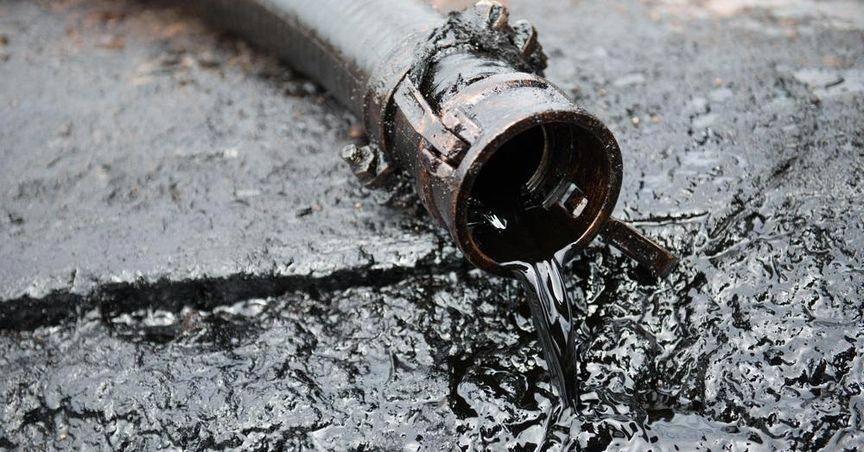Highlights
Multinational energy firm in the FTSE 100 shows steady cash returns through dividends
Ongoing share buybacks and cost reductions reflect focus on efficiency
FTSE today features volatility amid broader economic sentiment shifts
Operating within the global energy sector, Shell plc (LON:SHEL) is one of the largest constituents of the FTSE 100. The company has long been known for distributing cash to shareholders through dividends and repurchasing its own shares. Its scale and diversification across upstream, downstream, and integrated gas segments offer broad exposure within the energy space. The FTSE today continues to reflect shifts in macroeconomic conditions, and large-cap energy players often play a key role in shaping index movement due to their size and global footprint.
Dividend Stability and Share Repurchases
Shell has demonstrated consistency in maintaining dividend distributions. The firm has continued with quarterly payments while initiating new share buyback programs in recent periods. The strategy of returning capital through both mechanisms has historically been supported by strong operating cash flow from its upstream and liquefied natural gas (LNG) operations. These cash flows have enabled the company to maintain disciplined financial returns while investing in operational efficiencies.
Operational Strategy and Capital Discipline
The energy firm has focused on cost reduction, portfolio optimization, and simplified operations. Its ongoing divestment program has included the sale of non-core assets and withdrawal from certain upstream ventures to sharpen focus on high-margin, scalable operations. This streamlining has contributed to a lower breakeven point across major assets. A disciplined capital expenditure approach, prioritising core projects, has helped preserve liquidity and balance sheet strength during periods of price volatility.
Performance Amid Economic Challenges
Recent financial updates have reflected resilience in the face of macroeconomic fluctuations. Despite fluctuations in energy pricing, earnings across the integrated gas and upstream segments remained stable, supported by operational efficiency and diversified revenue streams. Refining and trading operations also contributed to earnings consistency. While downstream operations experienced some softness in margins, this was balanced by improved output and cost control initiatives.
Global Demand and Pricing Environment
The company continues to operate in an environment where global oil and gas demand remains influenced by geopolitical events and economic indicators. While demand patterns evolve, Shell's global presence enables adaptability to regional market dynamics. FTSE today movements remain sensitive to such developments, with energy stocks often influencing broader index performance.
Sustainability and Long-Term Planning
Shell has outlined strategic goals aimed at reducing emissions intensity and expanding its low-carbon portfolio. Investments into renewable energy, electric mobility infrastructure, and carbon capture initiatives reflect a long-term transformation agenda. However, hydrocarbons continue to form the bulk of earnings, providing a cash flow base for reinvestment in both legacy and future-facing assets.
Valuation and Market Position
Despite ongoing economic uncertainty, the company's scale and integrated business model position it as a key entity within the FTSE 100. Its valuation has reflected stable cash generation, operational flexibility, and a track record of returning value through dividends and share repurchases. The energy sector's role in the index, particularly amid commodity fluctuations, keeps such large firms in focus. FTSE today again reflects sensitivity to global macroeconomic signals, which in turn influence energy equities like Shell.



